How Speech Therapy Improves Social Skills in Kids
Understanding the Critical Role of Speech Therapy in Social Development
Social skills are foundational for children’s academic success, emotional well-being, and relationship building. However, many children face challenges in effectively communicating and interpreting social cues, impacting their ability to connect with peers. Speech therapy has emerged as a vital intervention that significantly improves these social communication skills. This article explores how speech therapy enhances social skills in children, discussing its importance, benefits, techniques, and the supporting evidence for its effectiveness.
How Speech Therapy Enhances Social Skills in Children
How can speech therapy improve social skills in children?
Speech therapy plays a vital role in helping children develop their social abilities. It focuses on improving both verbal and nonverbal communication, such as facial expressions, gestures, body language, and tone of voice. Therapists use engaging methods like role-playing, storytelling, video modeling, and interactive exercises to teach children how to start and maintain conversations, interpret social cues, and respond appropriately.
These activities help children practice essential skills like turn-taking during conversations and active listening, which are crucial for building friendships and social confidence. Early intervention, combined with regular practice in real-world settings like home, school, and social groups, significantly boosts their confidence and decreases feelings of anxiety and frustration.
Family involvement is essential in reinforcing social skills learned during therapy. Caregivers can model appropriate behaviors, facilitate social interactions, and encourage children to apply new skills in everyday situations. This comprehensive approach helps children better understand social norms, make meaningful connections, and participate confidently in social environments.
Overall, speech therapy improves children’s ability to interpret social cues and express themselves clearly. As a result, children become more comfortable and competent in social interactions, leading to improved relationships and a greater sense of belonging.
| Technique | Application | Purpose | Additional Details |
|---|---|---|---|
| Role-playing | Simulating social situations | Practice responses and behaviors | Used with peers and therapists |
| Social stories | Illustrated stories of social contexts | Teach social rules and expectations | Customized for individual needs |
| Video modeling | Watching and imitating social behaviors | Enhance observational learning | Often used for nonverbal cues |
| Interactive activities | Engaging games and exercises | Promote active participation | Supports generalization of skills |
By applying these targeted strategies, children develop stronger pragmatic skills, fostering better social understanding and creating a solid foundation for successful social interactions.
The Importance of Speech Therapy in Pediatric Social Skills Development
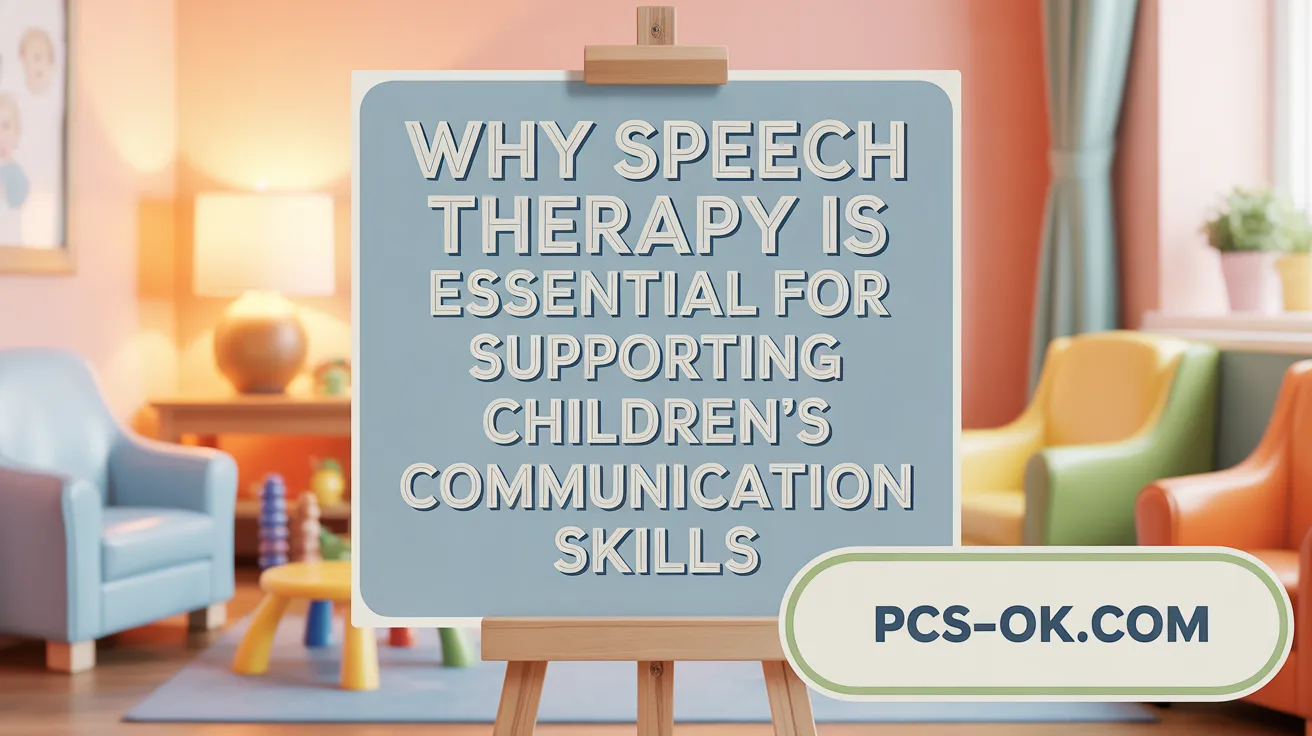
Why is speech therapy important for social skills development in pediatric populations?
Speech therapy plays a vital role in helping children develop essential social skills that are fundamental for effective communication and relationship building. Children with social communication challenges—such as autism spectrum disorder or speech delays—often struggle with understanding social cues, interpreting body language, initiating conversations, and maintaining engagement in social interactions.
Through various targeted techniques, speech-language pathologists (SLPs) teach children how to recognize and respond to non-verbal cues like facial expressions, gestures, and tone of voice. They also introduce strategies to improve verbal skills, such as expanding vocabulary, forming sentences, and practicing appropriate language in social contexts.
Therapists often use methods like role-playing, social stories, video modeling, and group activities to provide safe environments for practicing social skills. These interventions help children understand social rules, express their thoughts clearly, and navigate the nuances of everyday interactions.
Early intervention is particularly beneficial, as it enhances social confidence from a young age. It can reduce frustration caused by communication difficulties, making social experiences more positive and less overwhelming.
Improved communication skills foster better peer relationships, contribute to academic success, and support emotional well-being. As children learn to interpret social cues and engage appropriately, they become more confident and independent in social settings.
Overall, speech therapy equips children with the necessary skills to interact successfully with others, promoting social inclusion and helping them thrive both socially and emotionally.
Key Benefits of Speech Therapy for Children’s Social Development
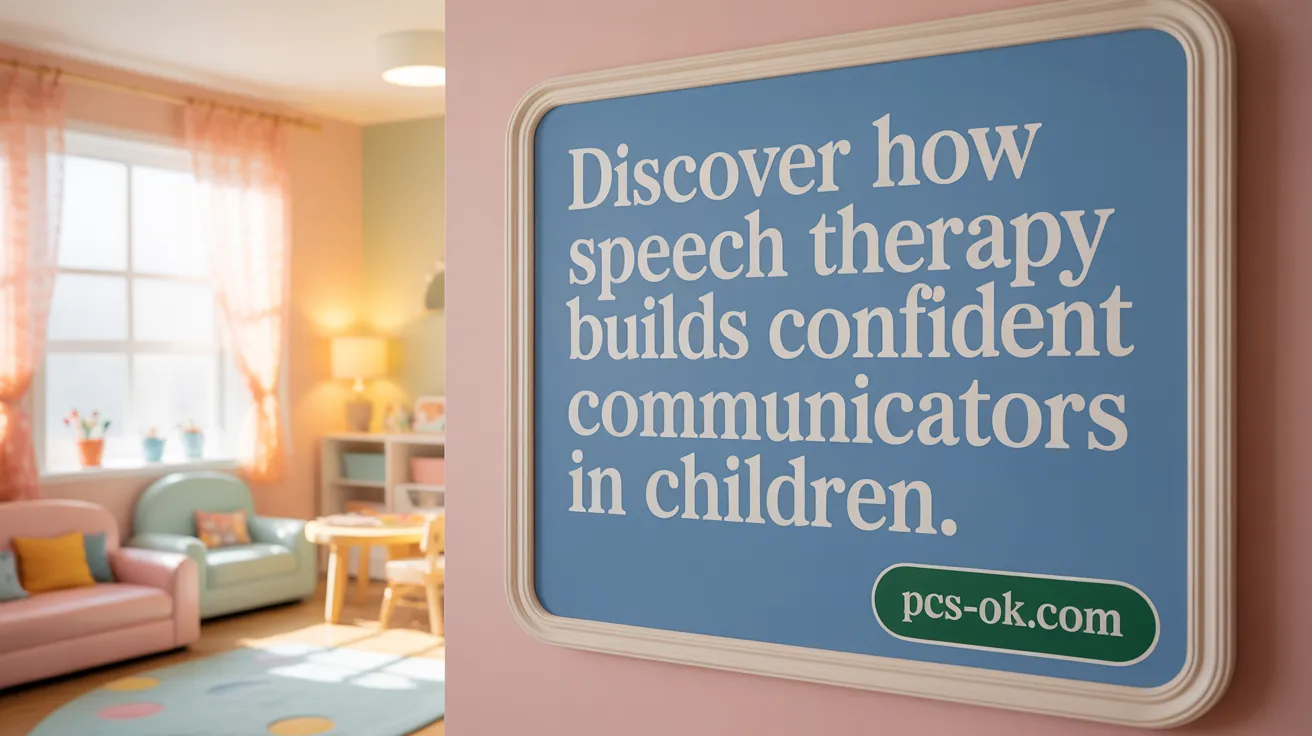
What are the benefits of speech therapy for social development in children?
Speech therapy plays a vital role in advancing children’s ability to communicate effectively and interact socially. One of the primary benefits is improved clarity in both verbal and non-verbal communication. Therapists help children articulate words more clearly and interpret facial expressions, gestures, and body language, which are crucial for understanding social cues.
Beyond basic communication, speech therapy fosters empathy and emotional awareness. Children learn to recognize and respond appropriately to peers’ feelings, which enhances their social understanding and emotional connections.
A significant advantage of therapy is confidence building. Engaging in role-playing, social stories, and interactive activities, children practice real-life social scenarios in a safe environment. This repeated practice helps them gain confidence to initiate conversations, maintain eye contact, and participate in group settings.
Speech therapy also contributes to minimizing behavioral challenges linked to communication difficulties. As children become better at expressing needs and emotions, frustration and misunderstandings decrease, reducing problematic behaviors.
Furthermore, therapy supports friendship formation and group participation. Children learn social norms and conversational skills necessary for making friends, joining group activities, and collaborating during play.
Early intervention is especially effective, helping children develop language and social skills during critical developmental periods. This comprehensive support promotes positive social interactions, emotional regulation, and overall well-being.
In sum, speech therapy offers foundational skills that enable children to interact confidently, understand others better, and thrive socially, setting the stage for long-term success in personal, academic, and social domains.
Techniques and Methods Used in Speech Therapy to Enhance Social Skills
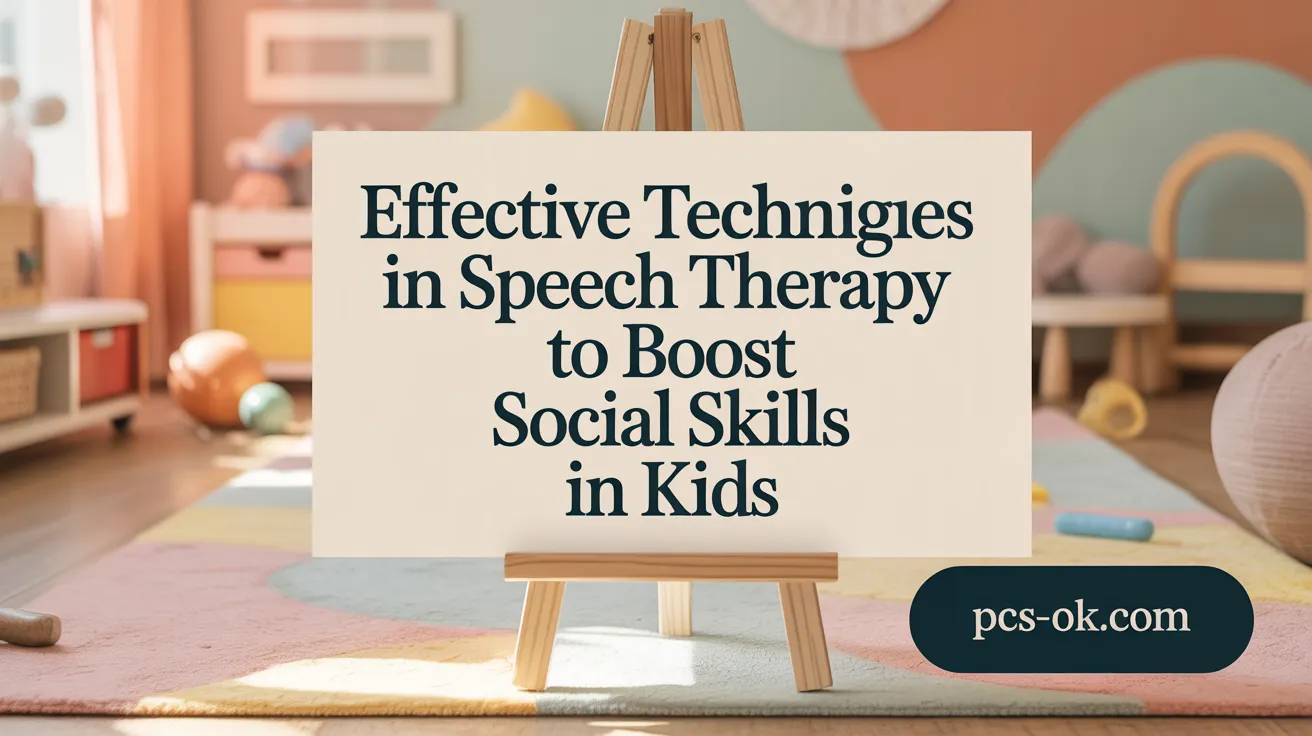
Which techniques and methods are used in speech therapy to enhance social skills in children?
Speech therapy utilizes a variety of engaging and effective approaches to develop social skills in children. One common technique is role-playing, where children act out social scenarios to practice greetings, requesting, or sharing. This method helps children understand social norms and build confidence in real-life interactions.
Social stories are another useful tool. These are simple, visual narratives that teach children about appropriate social behaviors, helping them recognize cues and respond correctly in different situations. Video modeling uses short clips of peers or adults demonstrating successful social interactions, giving children clear examples to imitate.
Visual aids, including flashcards and picture illustrations, help children interpret social cues like facial expressions and body language. Play-based interventions, such as structured games and interactive storytelling, make learning social skills fun and relatable. These activities promote turn-taking, topic maintenance, and understanding non-verbal communication.
Moreover, therapists teach children the rules of conversation, including how to start, maintain, and end a conversation respectfully. Conflict management strategies and perspective-taking exercises are also emphasized, helping children understand others’ emotions and resolve disagreements effectively.
Group therapy sessions and social skills groups provide opportunities for peer interaction in a safe environment. Within these groups, children practice cooperation, patience, and problem-solving skills. Therapists often incorporate positive reinforcement to encourage progress and teach self-calming techniques to manage frustration.
Through these targeted and diverse methods, speech therapy aims to improve not only verbal communication but also the social competence necessary for successful social interactions in school, family, and community settings.
Speech Therapy’s Role in Promoting Social Communication for Kids
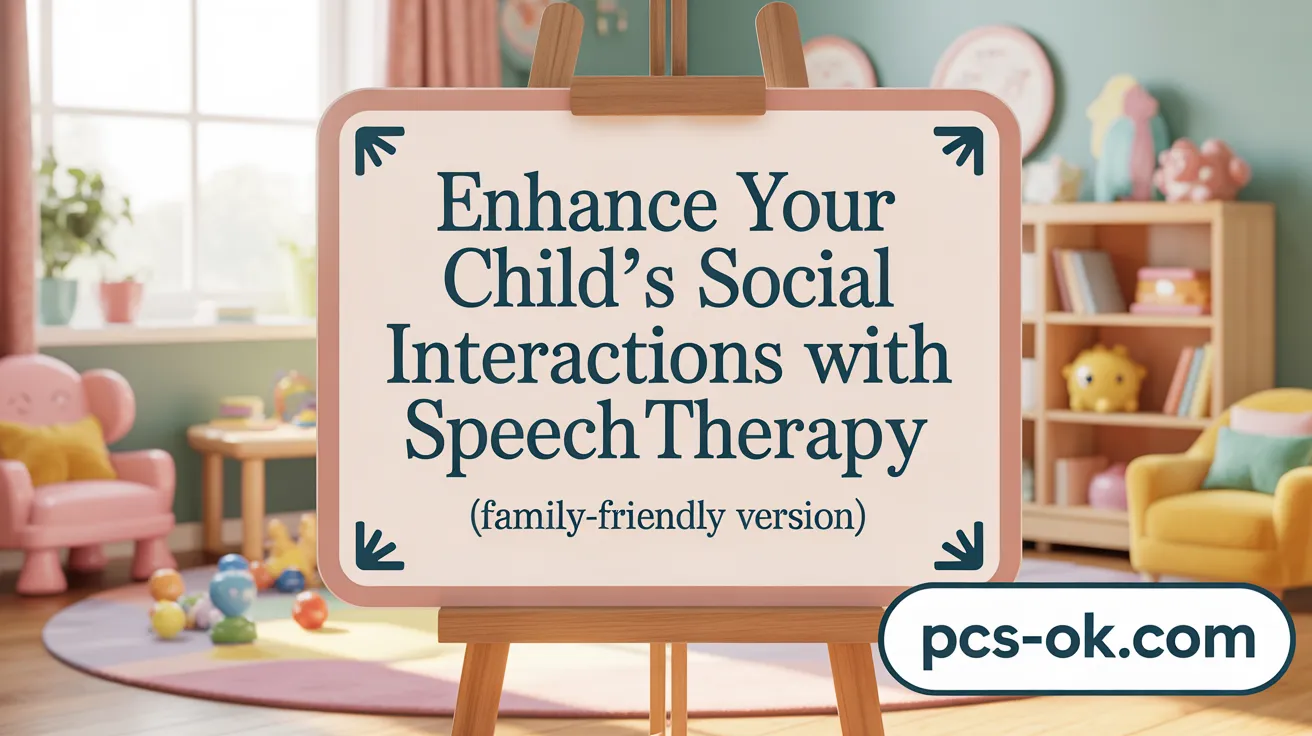
What role does speech therapy play in promoting social communication for children?
Speech therapy is a fundamental tool in developing social skills for children, especially those facing challenges in communication, such as children with autism or social communication disorders. Speech-language pathologists (SLPs) customize interventions to target specific areas where a child may struggle, including initiating conversations, maintaining engagement, and understanding social rules.
Through a variety of techniques like role-playing, social stories, modeling, and participating in social skills groups, therapy helps children learn essential social behaviors. These behaviors include turn-taking, making appropriate requests, and interpreting social cues, which are crucial for successful interactions.
Speech therapy also emphasizes understanding and responding to nonverbal cues, such as facial expressions and gestures, which are vital components of effective communication. Early intervention and continuous therapy enhance a child’s ability to interact confidently, build relationships, and navigate social environments more successfully.
Overall, speech therapy supports children in developing pragmatic language skills, thus enabling them to communicate effectively across school, home, and community settings. It empowers children to express themselves well, understand others, and participate actively in social situations, boosting their confidence and social participation.
Research Evidence Supporting Speech Therapy’s Effectiveness in Social Skills Improvement
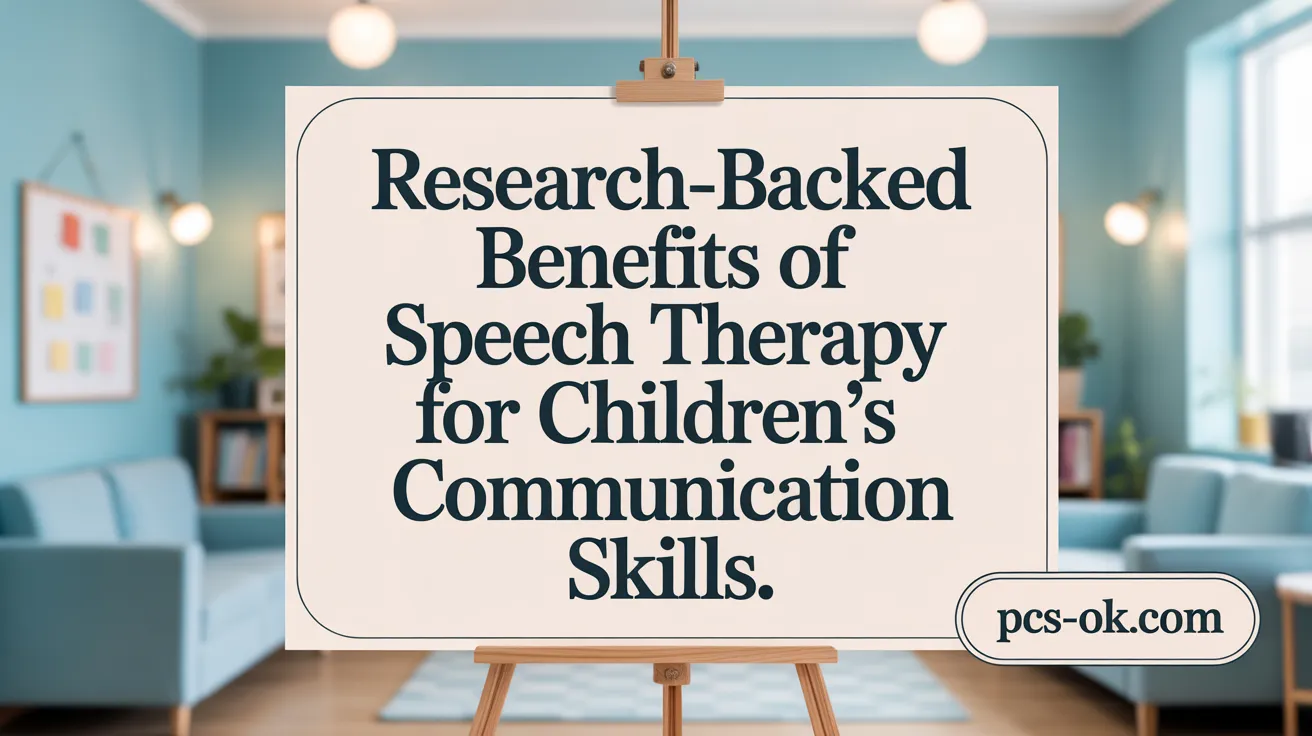
Numerous research studies and systematic reviews underscore the positive impact of speech therapy on enhancing social skills in children, especially those with autism spectrum disorder (ASD) and developmental challenges.
One notable analysis examined 29 different studies involving 1,442 children. The results showed a significant overall effect size (g=0.36), indicating that early intervention can lead to meaningful improvements in social communication and pragmatic language skills. These improvements include better understanding and use of social cues, increased reciprocity, and improved non-verbal communication such as gestures and facial expressions.
Early therapy, particularly when delivered around the age of 3, tends to produce larger benefits. The evidence highlights that tailored approaches, such as social stories, role-playing, and video modeling, are highly effective in teaching social norms, turn-taking, and understanding emotions.
When interventions involve peers, family, and educators, children often demonstrate improved social participation in daily life. Incorporating naturalistic strategies within real-world settings helps children generalize the skills learned during therapy.
Emerging technological tools enhance engagement and learning. Virtual reality, apps, and AI-based programs are being incorporated into therapy to make social skill development more interactive and motivating for children.
The long-term benefits extend beyond immediate social interactions. Improvements in pragmatic language support better emotional regulation, independence, and overall well-being. These positive outcomes contribute significantly to a child’s social integration and success in both school and community environments.
Overall, robust evidence affirms that early, individualized, and multimodal interventions are crucial for meaningful social skills development, setting the stage for lifelong social competence.
Integrating Speech Therapy with Home and Community Support
How can family involvement enhance social skills development?
Parents and caregivers play a pivotal role in reinforcing communication skills learned during speech therapy. Modeling appropriate social behaviors, engaging in regular social interactions, and providing explicit teaching of social rules help children practice and generalize skills. Patience and consistent encouragement create a supportive environment for growth.
What community resources can support social skills?
Joining social skills groups, clubs, or volunteering opportunities offers children real-life practice in diverse settings. These activities promote interaction with peers, teamwork, and social problem-solving, all of which reinforce therapy goals.
Why is generalizing skills to natural environments important?
Applying learned social skills outside of therapy sessions is essential for meaningful progress. Transitioning skills to school, home, and community contexts helps children build confidence and achieve lasting improvements.
How does consistent practice and patience benefit children?
Regular practice, combined with patience, ensures children become comfortable with social routines. Over time, this consistency fosters proficiency and confidence, reducing anxiety and encouraging more natural social interactions.
How can emotional regulation and social confidence be supported?
Activities that teach children to recognize, understand, and regulate emotions enhance social confidence. Visual aids, role-playing, and positive feedback help children handle social conflicts, develop empathy, and build healthy relationships.
| Aspect | Strategies | Benefits |
|---|---|---|
| Family Involvement | Modeling, explicit teaching, social interaction opportunities | Reinforces skills, builds confidence |
| Community Resources | Clubs, volunteering, social groups | Real-world practice, peer interactions |
| Generalization | Practice in varied environments | Long-term social success |
| Practice and Patience | Regular, gentle reinforcement | Skill mastery, reduced anxiety |
| Emotional Support | Emotion recognition activities, regulation techniques | Better social understanding, confidence |
Supporting children’s social skills through a combination of tailored speech therapy and active family and community participation creates a comprehensive approach. It nurtures emotional well-being, enhances communication, and promotes successful social integration.
The Transformative Impact of Speech Therapy on Children’s Social Abilities
Speech therapy plays a transformative role in the development of social skills among children by addressing both verbal and nonverbal communication challenges that hinder effective interaction. Through customized, evidence-based interventions such as role-playing, social stories, and group activities, children learn to interpret social cues, initiate and maintain conversations, and regulate their emotions in social settings. Early intervention combined with family and community support ensures that these skills generalize to everyday life, enhancing children’s confidence, reducing anxiety, and fostering meaningful relationships. Supported by robust research, speech therapy stands as a cornerstone in promoting social inclusion, academic success, and emotional well-being in pediatric populations. It equips children with the essential tools to navigate the social world independently and successfully.
References
- Social Skills Speech Therapy: Helping Children & Adults …
- The Impact of Speech Therapy on Social Skills
- How Speech Therapy Can Help Children and Adults with …
- How Pediatric Therapy Enhances Social Skills in Children
- The Benefits of Speech Therapy for Children with Autism
- Speech Therapy Aid Social Skills Development
- The Impact of Speech Therapy on Improving Social …
- How Speech Therapy Can Help with Social …
- Social Communication
